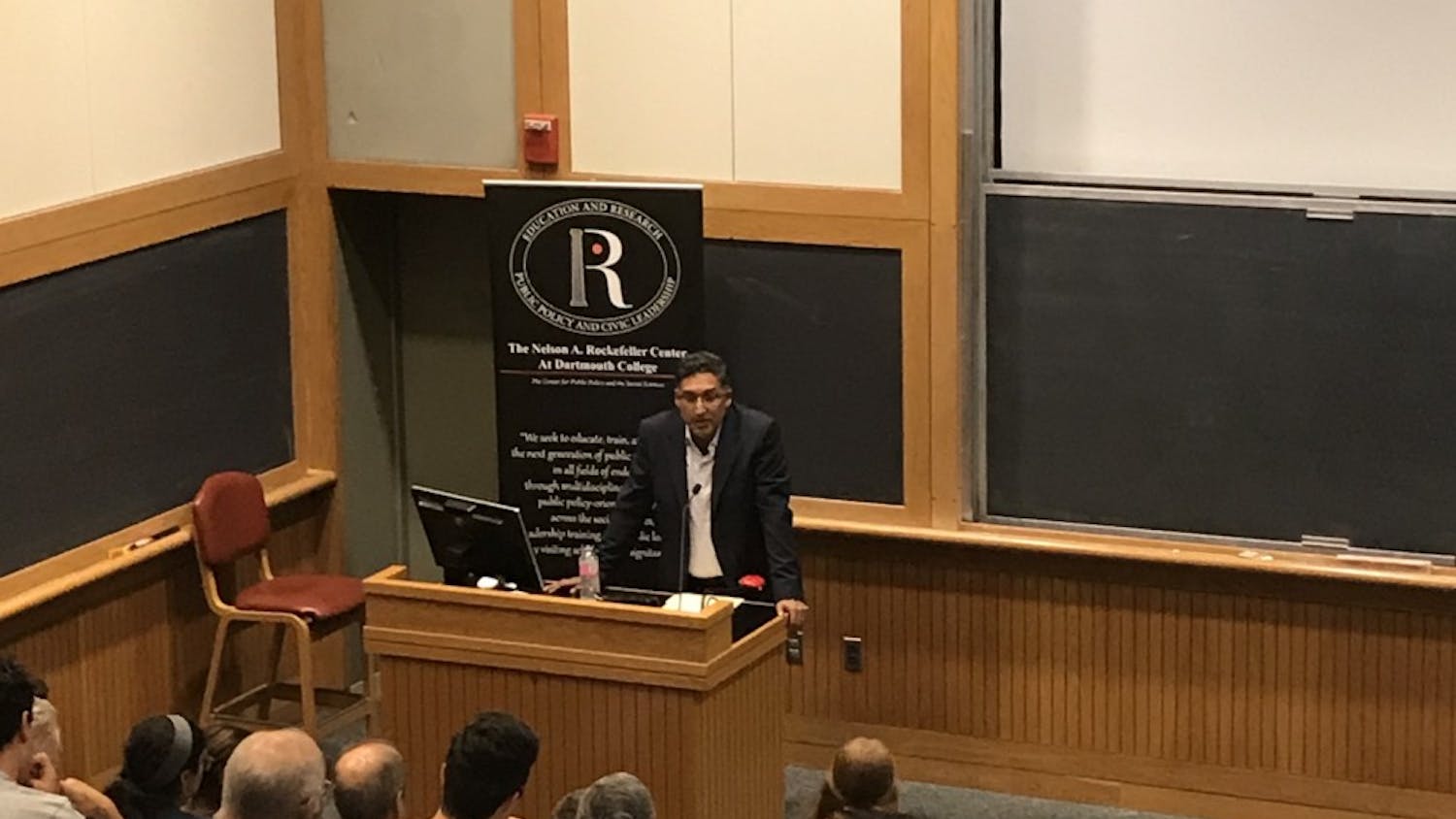On July 8, the Supreme Court ruled 7-2 in Little Sisters of the Poor v. Pennsylvania to uphold a regulation that allows employers to deny women access to birth control coverage. Specifically, the decision allows employers with a “sincerely held religious or moral objection” to appeal to the Trump administration for the right to deny their employees insurance coverage for contraception. Previously, under former President Obama’s Affordable Care Act, employers were mandated to provide insurance coverage for contraception with no out-of-pocket expenses. The Supreme Court’s new ruling broadens the already existing exceptions to this mandate, allowing most employers to seek exemption from paying for employees’ contraception on religious grounds. The court’s decision is both patriarchal and anachronistic. It is time for decision-makers to stop restricting the rights of women and realize that infringing upon women’s reproductive rights sets back the United States as a whole.
According to government estimates cited by Justice Ruth Bader Ginsburg, up to 126,000 women — including transgender and gender-nonconforming people — could lose access to contraception as a result of the July 8 ruling. The high court’s most recent blow to reproductive rights follows a series of setbacks realized during Trump’s presidency. From appointing right-wing judges to the Supreme Court to instating the the Title X Gag Rule — which stops healthcare providers from telling women about abortion and prevents patients from receiving care at Planned Parenthood — President Trump has been waging a war on reproductive rights since the start of his presidency in 2016. The Trump administration might view the new regulation, and its corresponding ability to grant employers coverage exemptions, as just another means of imposing patriarchal constraints on women. The administration has failed, however, to consider the severe human and economic consequences of restricting access to birth control.
Barriers to contraception lead to higher rates of unwanted pregnancies, a metric which is already much higher in the U.S. than many other developed nations. In 2011, almost half of pregnancies in the U.S. were unwanted. Unwanted pregnancies are linked to numerous health problems for mothers such as depression and preeclampsia, a complication from pregnancy that can result in seizures, strokes, organ failure and even death. In the United States, approximately 700 women die each year as a result of complications from pregnancy and childbirth. The health risks of being pregnant are even more extreme in the era of coronavirus: a CDC report found that pregnant women who contract COVID-19 are at a greater risk of being hospitalized, admitted into intensive care units and being put on mechanical ventilation than women who are not pregnant.
Additionally, many women use birth control not just for its contraceptive function, but to treat debilitating health conditions such as Polycystic Ovary Syndrome and endometriosis. A tweet by the National Women’s Law center says it best: “Why, during a global health crisis, is the Supreme Court making health care worse?”
By increasing the number of unplanned pregnancies, restrictions on birth control threaten the United States’ economy. For one, with more unplanned pregnancies, many more children will be born to parents who do not have the capabilities to care for them and must rely on government aid. Researchers estimate that each unintended pregnancy costs $10,000 in tax dollars. Moreover, a higher rate of unintended pregnancies undermines economic productivity because pregnancy and childcare needs constrain a woman’s ability to work. Finally, women who experience unexpected pregnancies may be forced to prioritize child rearing over other ambitions, often sacrificing their jobs and education for their children. The Supreme Court’s ruling thus reinforces the many pre-existing factors that prevent women from advancing in American society.
Importantly, the new regulations will disproportionately affect people of color. Among Black women aged 18 to 44, a 2017 survey found that only 39 percent could afford to spend $10, or even less, on birth control. Similarly, in 2014, Planned Parenthood reported that over half of Latina women struggle with the costs of prescription birth control. The Supreme Court’s ruling exacerbates these problems, ballooning costs and thereby making it even harder for people of color to be able to afford contraception.
The United States cannot progress as a nation until everyone is truly equal. The Supreme Court’s ruling moved the United States back in time by restricting reproductive rights and entrenching health disparities for all women, especially women of color. Ultimately, the court’s ruling in Little Sisters of the Poor v. Pennsylvania renders the upcoming presidential election even more important; if we don’t act now, the Trump administration will only continue to show its lack of regard for women and minorities and to foster a national environment in which this discrimination is accepted as the norm.




